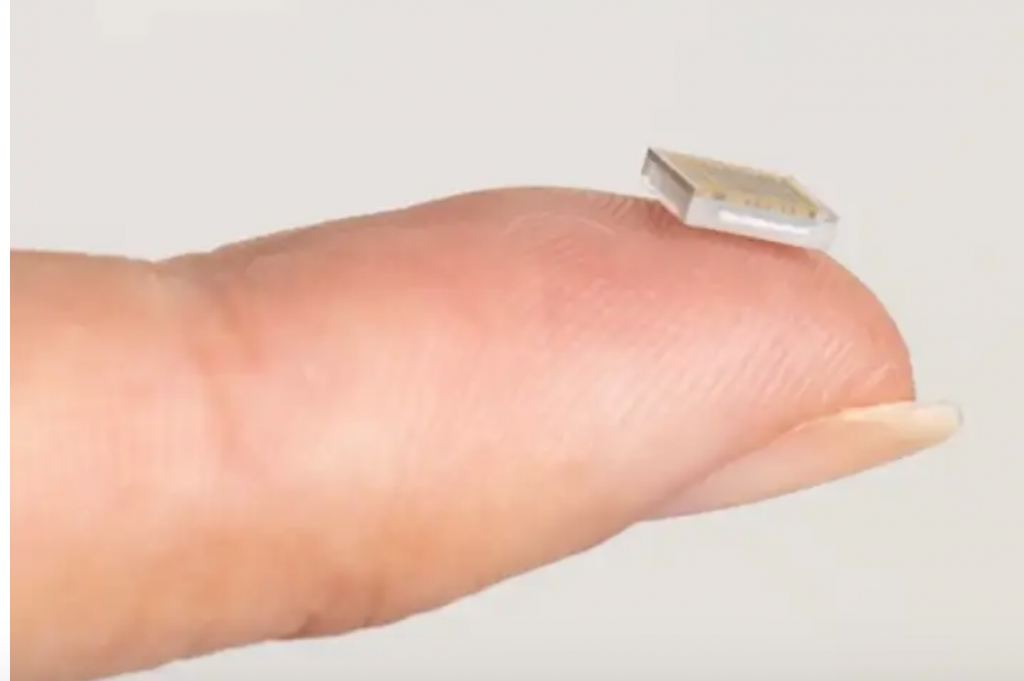
Neuralink ‘threads’ hook human brains directly to computers
Elon Musks Warns of AI While Promoting Brain Implant
Elon Musk has warned that humans risk being overtaken by artificial intelligence within the next five years.
The prediction marks a significant revision of previous estimations of the so-called technological singularity when machine intelligence surpasses human intelligence and accelerates at an incomprehensible rate.
Writer Anthoney Cuthbertson’s story on independent.co.uk concerns Musk’s latest prediction on AI, based on an recent interview with the New York Times:
“My assessment about why AI is overlooked by very smart people is that very smart people do not think a computer can ever be as smart as they are. And this is hubris and obviously false,” he said.
“We’re headed toward a situation where AI is vastly smarter than humans and I think that time frame is less than five years from now. But that doesn’t mean that everything goes to hell in five years. It just means that things get unstable or weird.”
Shortly after making the remarks, Mr. Musk announced a new brain-computer interface startup that is attempting to implant a brain chip using a “sewing machine-like device.”
Neuralink will allow humans to compete with AI, according to Mr. Musk, as well as help cure brain diseases, control mood, and even let people “listen to music directly from our chips.” It might be interesting to access endless music, but a brain implant is an extreme option.
Both Musk and futurist and synthesizer inventor Ray Kurzweil were among prominent artificial intelligence researchers to pledge support for stringent guidelines for the development of advanced AI.
An open letter published by the Future of Life Institute (FLI) in 2017 outlined a set of principles deemed necessary to avoid an out-of-control AI, as well as a doomsday scenario involving lethal autonomous weapons.
“We hope that these principles will provide material for vigorous discussion and also aspirational goals for how the power of AI can be used to improve everyone’s lives in coming years,” the institute said at the time
Musk shorted Kurzweil’s prediction by 20 years. Kurzweil said 2045 would be the date of the singularity. They could both be wrong.
read more at independent.co.uk







Leave A Comment